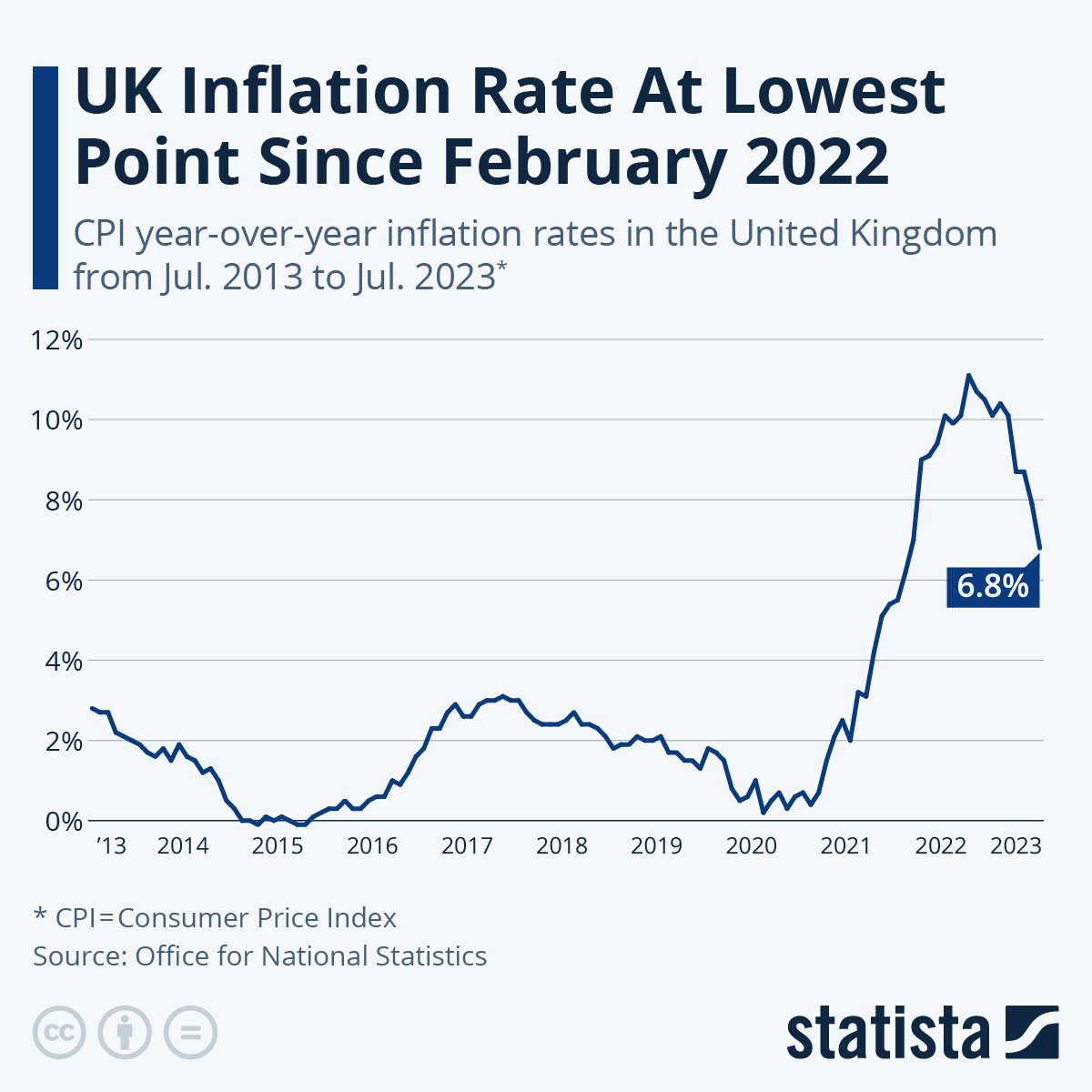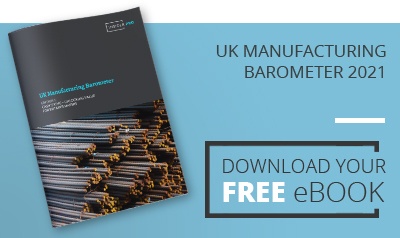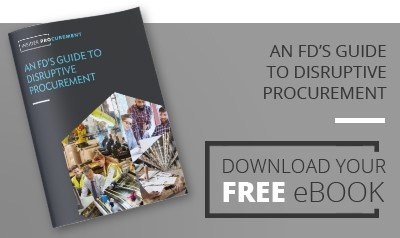A salesperson using the term 'disinflation' should immediately put your bullshit filters on high.
This rather old-fashioned term dating from 1840 simply means "a reduction in the rate of inflation". For example; Inflation was 8% and now its 4% = disinflation.

However, it seems to be gaining traction here in the UK as a means to justify some pretty shaky price increases. After all, there is some tempting logic here; "Prices are going up less slowly but they are still going up! "
But the giveaway is the use of the word 'disinflation' itself. It is an attempt to sound "official" and independent but it masks a multitude of sins. Here are 3 questions to ask yourself before you accept that proposal;
1. What is the actual rate of inflation for the thing you are buying?
These can vary wildly. For example; in CPI August 23;
> Food and non-alcoholic drinks +13%
> Transport -0.7%
2. Is CPI (or similar) a good yardstick?
Most measures of inflation are inherently flawed. CPI is no exception and a really poor choice for business transactions. For example;
> August 23 saw falling rather than rising prices at both ends of the factory gate;
- Producer input prices -2.3%
- Producer output - 0.4%
> It excludes the now ubiquitous "shrinkflation" measuring only the headline price rather than changes to the proposition which might be pretty fundamental. Like my Lurpak which has mysteriously dropped from 250g to a slimline 200g.
3. What can you buy elsewhere?
All measures of inflation are "relative" terms which means that they assume the starting point is the same. So the 6% price increase you've received could mean you are paying 40% over the market price. Don't forget to shop around...!



